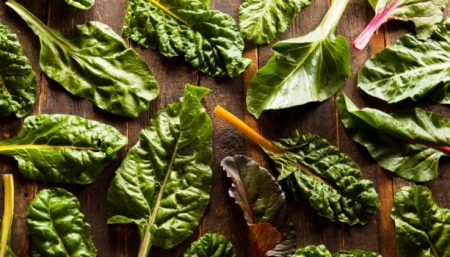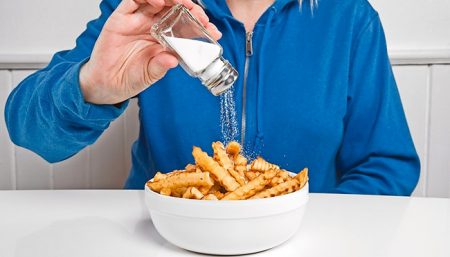Connective tissues serve as binding structures, forming a framework and support for organs and the body as a whole, store fat, transport substances, protect against disease, and help repair tissue damage. They occur throughout the body. Most connective tissues have a good blood supply but some do not. The individual bones of the skeleton are held firmly together by ligaments, and muscles are attached to bone by tendons, both of which are examples of dense connective tissue in which many fibre bundles are associated in parallel array to provide great tensile strength.
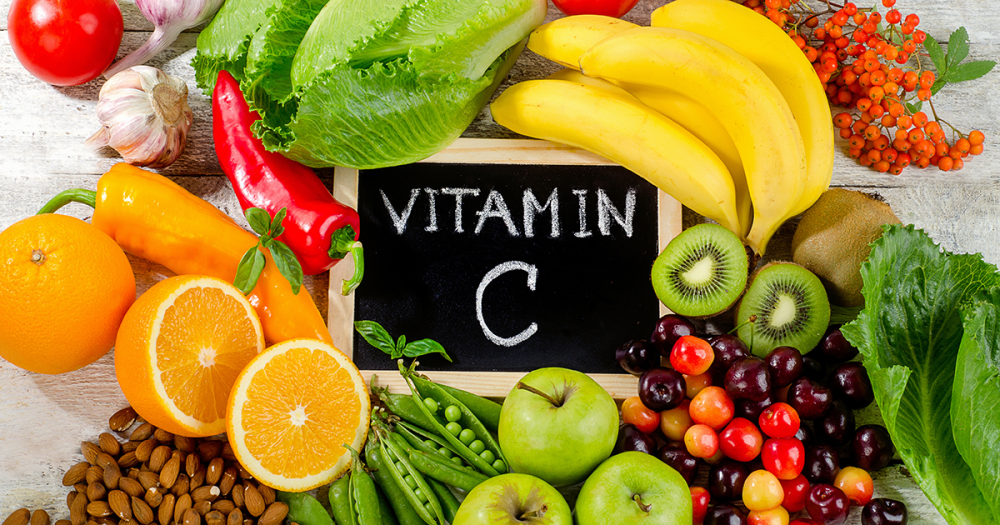
Supplements are thought to be beneficial in healing tissue, but taking them simply cannot replace eating healthy foods regularly.
| Vitamin C is key in the healthy connective tissue department. Fruits and vegetable rich in vitamin C often have bioflavonoids, which are produced by the cells responsible for photosynthesis in plants. They account for most of the by yellow, red and blue color-action in plants. Bioflavonoids can repair connective tissue damage by assisting in the production of collagen. It is thought that they also may lessen the pain which occurs from the tearing of connective tissue. Additionally, bioflavonoids strengthen the capillary walls, which decrease inflammation, brushing, and bleeding. We need all the capillary action which we can drum up in the largely bloodless linea alba. |
Nutrients Essential for Heal & Recovery
- Vitamins A, B1, B2, B3, B5, B6, B7, B9, B12, C, D, E, K.
- Calcium, Magnesium, sodium, potassium, iron, zinc, selenium, manganese, and copper (in small doses).
- Largely overlooked factor in the healing process is the importance of water.
The San Diego Center for Health recommends the following foods as particularly helpful for nutrients which aid in the healing of connective tissue: almonds, bananas, beans, beef, bran, broccoli, carrots, chicken, dark green veggies, egg yolks, guava, kale, kiwi, lentils, liver, mushrooms, oats, red peppers, scallops, seafood, spinach strawberries, turkey, nuts, yams, and yogurt.
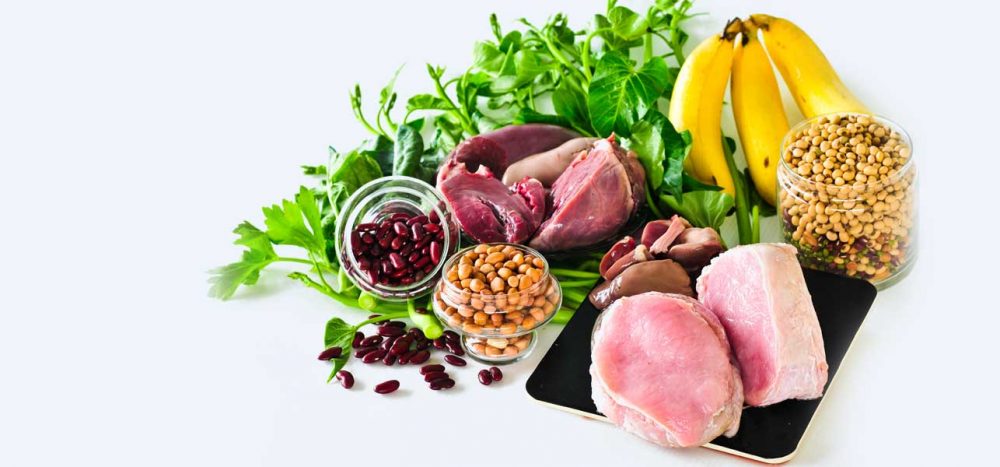
Recommendations for optional healing using natural foods and/or supplements include;
- Consume extra water throughout the day: drink three big glasses spread over the morning, noon and night on top of your normal water regimen. Dehydration of injured tissues can delay recovery.
- Get protein than your normal protein consumption in natural or supplementation forms. The recommended daily Allowance (RDA) is bodyweight (BW) (lbs) multiplied by .364 g daily. For injuries and tissue healing, BW x 0.5g, Surgical situations, BW x 0.7g, muscle building, BW x 0.8g.
- Get extra vitamin C: take your BW x 10 =mg of vitamin C to activate enzymes in the repair of connective tissue. This amount should be tapered off over a period of days and consumption should be that of a standard multivitamins.
- During this time frame, it is important to maintain a healthy diet, limiting fatty fast food and food without nutrient value.
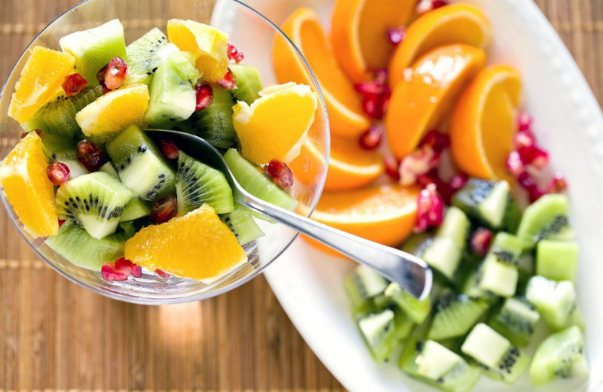
Besides good nutrition, clean drinking water, plenty of good quality sleep, and keeping stress levels low, meditation and a detoxification plan would also be great additions to your connective tissue repair protocol
Disclaimer
The Content is not intended to be a substitute for professional medical advice, diagnosis, or treatment. Always seek the advice of your physician or other qualified health provider with any questions you may have regarding a medical condition.

